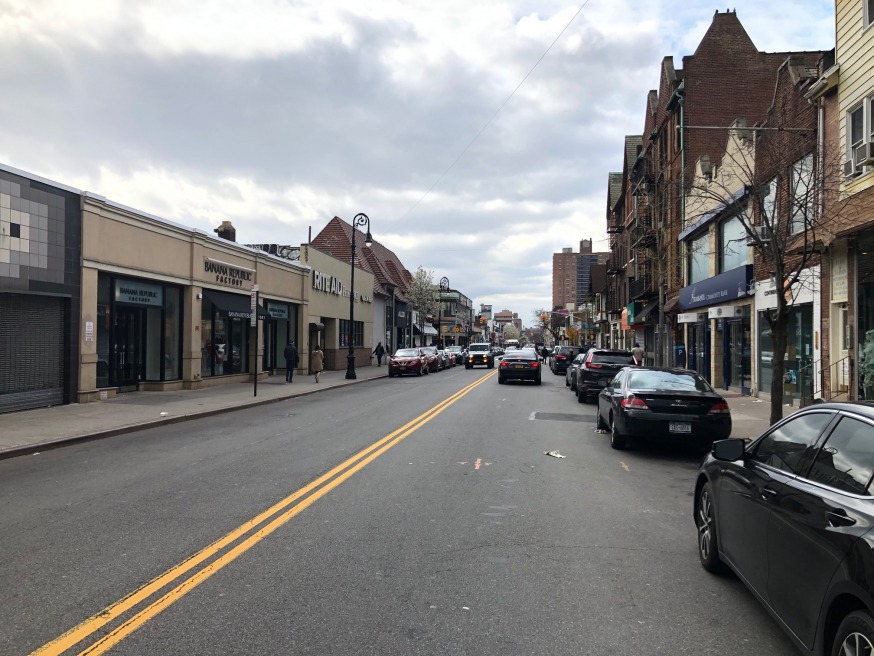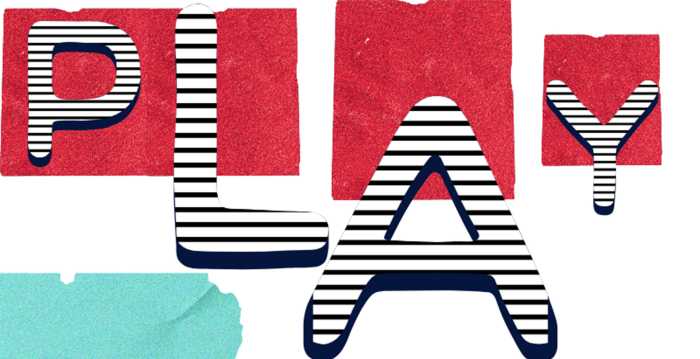May 2, 2020 By Christian Murray
In upcoming months Queens residents will see for themselves the economic carnage COVID-19 has delivered to the borough’s small businesses.
Store fronts will be empty; cherished restaurants will be gone; and neighborhood business owners who residents adored and could count on to sponsor local events will disappear.
The number of closures could be startling.
We reached out to Tom Grech, the president and CEO of the Queens Chamber of Commerce, to get his take on the landscape.
Grech says half of the bars and restaurants in Queens may not reopen. His evaluation is based on discussions the chamber has had with landlords, food suppliers and the restaurants themselves.
He notes that some of this was inevitable. Small businesses—particularly bars and restaurants– have it tough in the best of times, he said, and with two months of limited revenue the costs are overwhelming.
He said that many people don’t realize what a difficult business it is.
“People think they do really well. They say ‘That guy is killing it. That woman’s bar is doing great.’ But the margins are less than 5 percent and if you aren’t doing business for a couple of months [it can be too much].”
He said that small businesses, despite the shutdown, are still required to pay their rent, insurance, debts and a whole host of expenses.
The Federal Programs
Grech, who spoke to the Queens Post on April 29, noted that at that time few Queens businesses had been helped by the federal programs.
Congress came up with two programs to help small businesses that was part of the CARES Act, the $2.2 trillion package created to help businesses and residents get through the pandemic.
The first program, the much-discussed Payment Protection Program—initially backed by $349 billion of taxpayer money —has done little to help Queens business to date.
Meanwhile the Economic Injury Disaster Loan, the second program, that offered a grant of up to $10,000 and a low interest loan of up to $2 million, ran out of money so fast that many Queens businesses didn’t get a look in.
Grech said he didn’t know of one small business in Queens that got PPP or EIDL funding this time last week [April 24].
“I hadn’t heard of one that got actual money in the bank,” Grech said.
The PPP is designed to provide small businesses with a forgivable loan up to 2.5 months of their monthly payroll. If more than 75 percent is used to keep staff employed the loan doesn’t have to be repaid.
Many small businesses thought this was potentially a way to get out of a hole—but have heard nothing.
“Companies with 50 or fewer employees have been ignored so far…and they are most in danger,” Grech told the Queens Post prior to the podcast, noting that the big companies got most of the funds.
Grech said that the PPP on the surface makes a lot of sense but it has been riddled with problems from the get go. “The execution of the program has been a disaster,” he said.
Companies had to go through banks and provide extensive payroll and tax documents to apply.
The paperwork had to be done fast—since it was a rush to tap into the funds on offer. Congress put up $349 billion in the program and it went in 10 days. Congress relaunched the program on April 27 allocating another $310 billion to the program.
Grech said that many small businesses made mistakes when they applied, partially because they don’t have accountants or CFOs at their disposal to guide them.
Many firms are owned and operated by immigrant families where they don’t have the requisite paperwork readily available.
The program—despite being for small businesses—was open to businesses and non-profits with up to 500 employees.
Grech said that he has heard from some businesses—since the $310 billion relaunch– who did get PPP money.
“A number—not a large number—a decent number texted me to say that they had money in the bank,” Grech said.
Since Grech spoke, more Queens firms have been funded, according to reports.

82nd Street in Jackson Heights following the shutdown of non-essential businesses (Queens Post)
Banks
While Grech didn’t discuss the banks at any great length in the podcast, they have been subject to harsh criticism from small business advocates.
Grech said that people are bashing the banks but that there are good and bad actors in any industry.
“I know bankers that are senior executives that were manning the phones, helping folks put in their applications,” he said.
The giant banks, however, have faced an avalanche of criticism concerning the PPP. Many allegedly prioritized customers with deep banking relationships, according to multiple reports, favoring their bigger clients with existing commercial loans. Small businesses were at the back of the long line.
The New York Times reported April 22 that nearly all of JP Morgan Chase’s commercial and private banking clients got a PPP loan, while only 18,000 of its 300,000 small business banking customers who applied through its retail bank got one.
Many small business have told the Queens Post in the past week that they applied. They have been checking their e-mails multiple times a day—hoping to hear from their bank and the SBA that funds would arrive. Their wait continues.
PPP isn’t a straight forward program
The PPP comes with many conditions—conditions that are difficult for many Queens businesses to take advantage of.
The forgivable loan only covers expenditures made within the first eight weeks of getting the funds—and at least 75 percent of it must be spent on payroll.
In New York, many businesses will still be closed for a number of weeks—so the staff who are paid will not be needed or fully utilized. Additionally, in Queens, rent is the biggest expense—particularly for mom and pop stores that don’t have many employees.
Grech says on the podcast that businesses have to be ready to start operating should they get the PPP funds given the eight week time frame.
They need to ask their employees: “If I get this are you coming back,” since at least 75 percent of it has to be spent on payroll
But many businesses may find it tough to get their employees back since the stimulus also added $600 per week to each person’s unemployment check through to the end of July.
With New York offering as much as $500 per week in unemployment anyway, unemployed workers can get up to $1,100 per week. The amount is more than a regular paycheck for many.
Grech said that while the $600 program is laudable it does have unintended consequences. He said that businesses have told him they have had difficulty finding staff.
Reopening
Grech said that when the city reopens many bars and restaurant will feel like they are launching their business all over again.
Many may have to rehire a whole new staff and adjust their business model.
He said that the economics could change as the number of customers may be limited due to social distancing. He said that he knows of establishments that are redesigning their layouts– a tough prospect given that real estate is expensive and New York and many eateries are so small.
“The ramifications are going to be huge,” Grech said. “They want bodies in there…they want to turn tables.”
He said it will be a tough road to hoe, noting that is a hard business even in the best of times.
“Restaurants have among the largest rate of failure anyway,” Grech said. “It’s proving to be the case right now.”

Austin Street in Forest Hills following the shut down of non-essential businesses (Queens Post)





